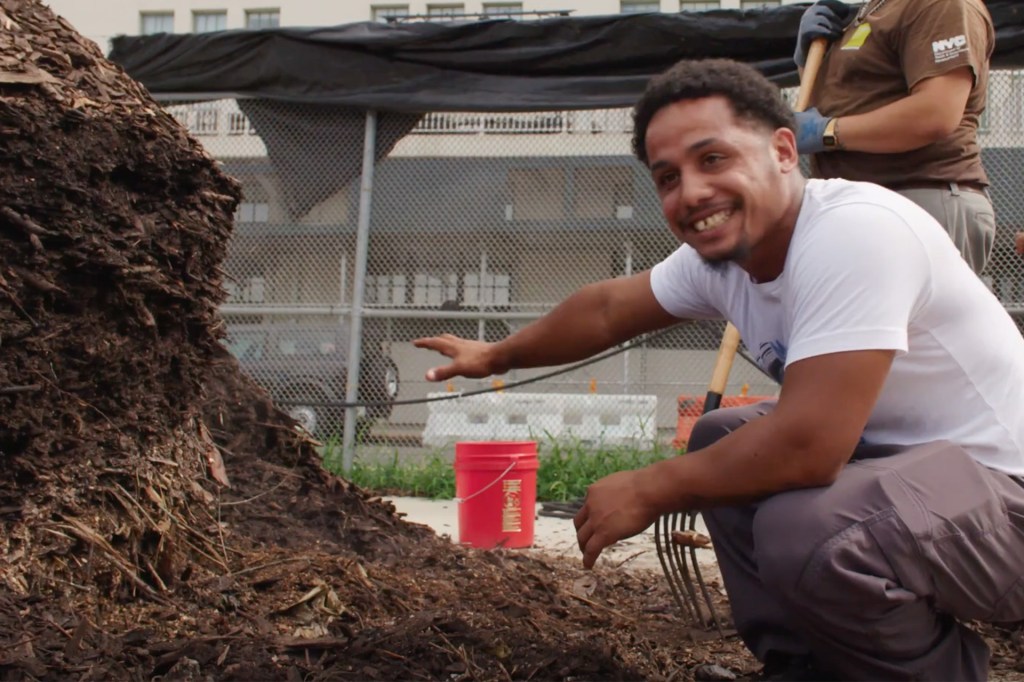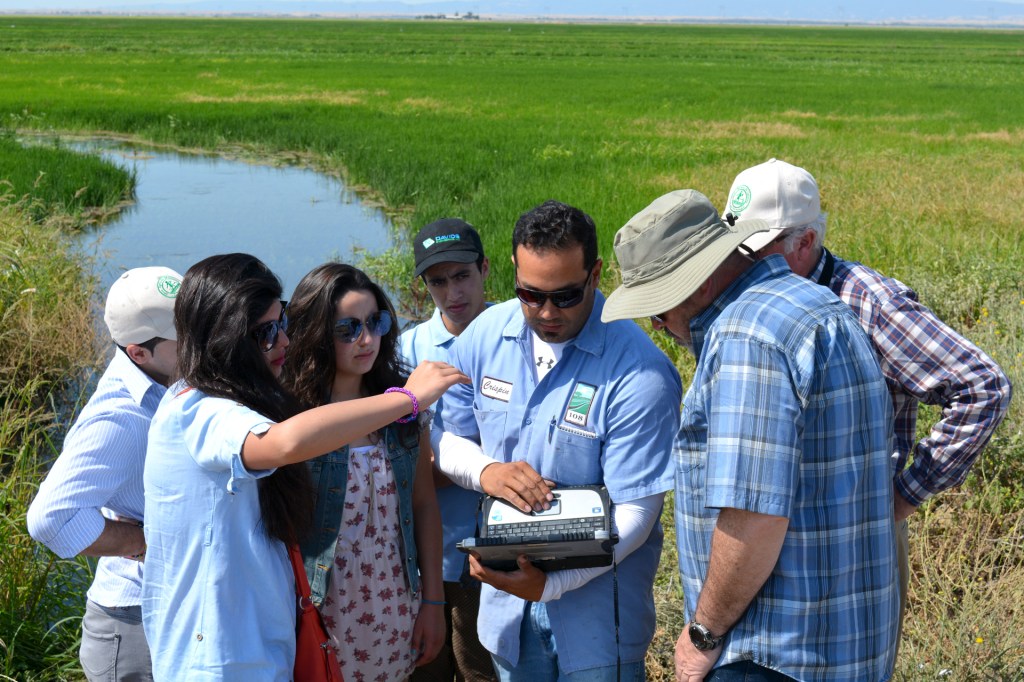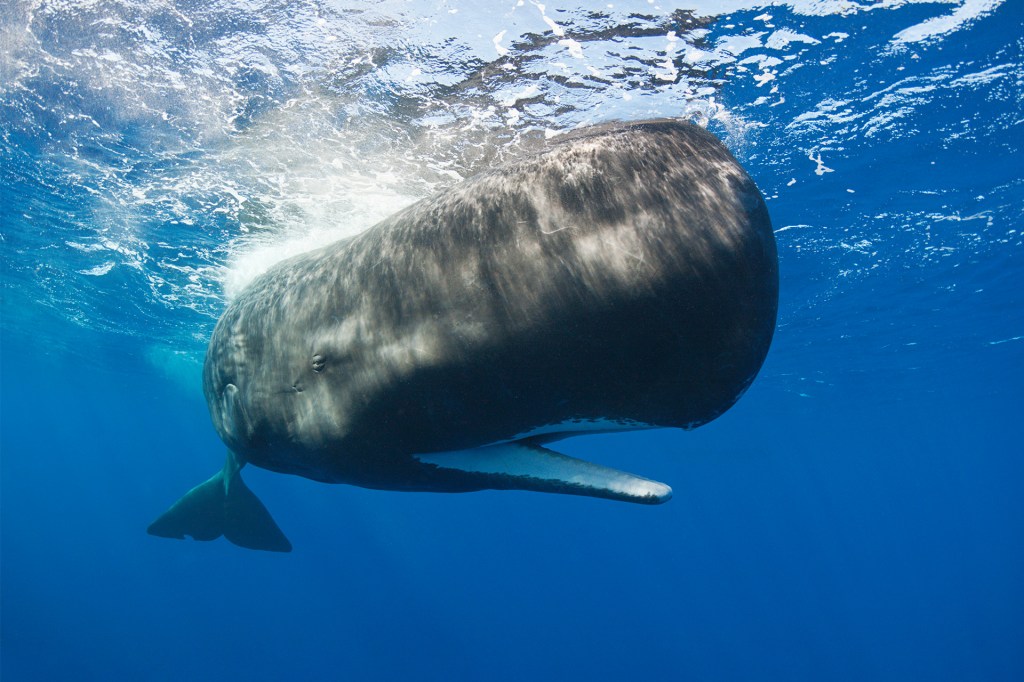Shell Game
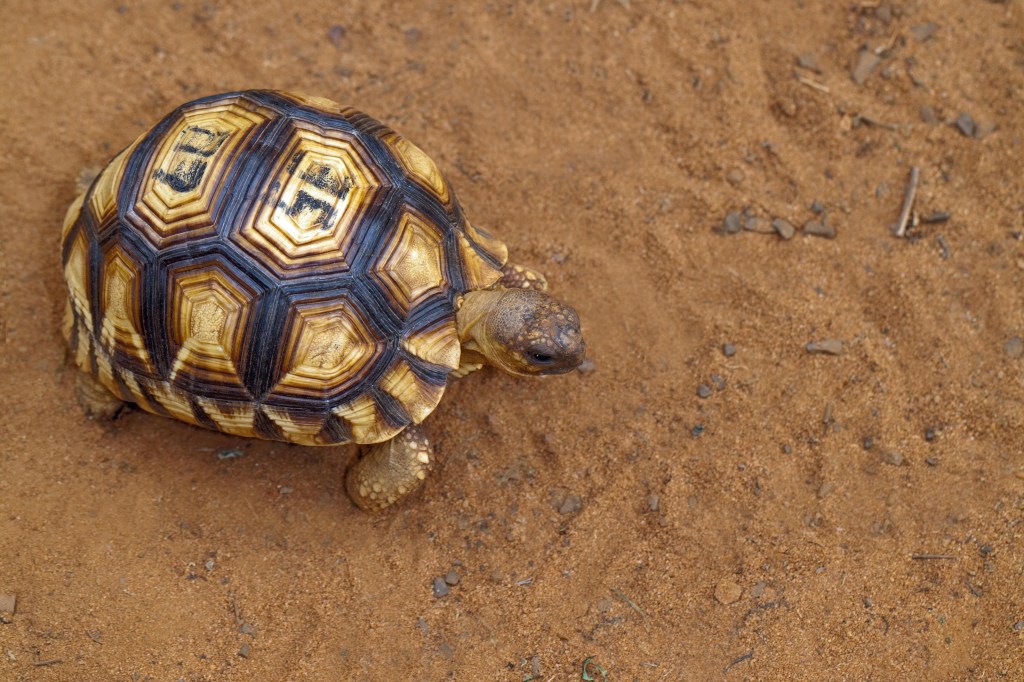
The ploughshare (plow-share) tortoise is one of the world's most endangered animals. Experts believe there are fewer than 300 adults in the wild. A small piece of land in northwest Madagascar is the species' only natural habitat. With their golden-yellow color and patterned shells, the tortoises are highly prized. "They are incredibly attractive," Richard Lewis told TFK. He is the director of Madagascar operations for the Durrell Wildlife Conservation Trust (DWCT).
Lewis is working to save the species from extinction. To do so, he believes drastic action is needed. He is leading an effort to deface the animals' shells. "None of us like doing it," he says. Drilling into the shells is a "last-ditch attempt" to protect the animal, he says.
Collector's Items
According to Lewis, the biggest threat facing the tortoises is the wild-pet trade. Ploughshares are stolen from Madagascar and sold for high prices. There is a great demand for them in other countries, especially in China.
Lewis compares the buyers to collectors of coins and stamps. "People want to own the rarest animal," he says.
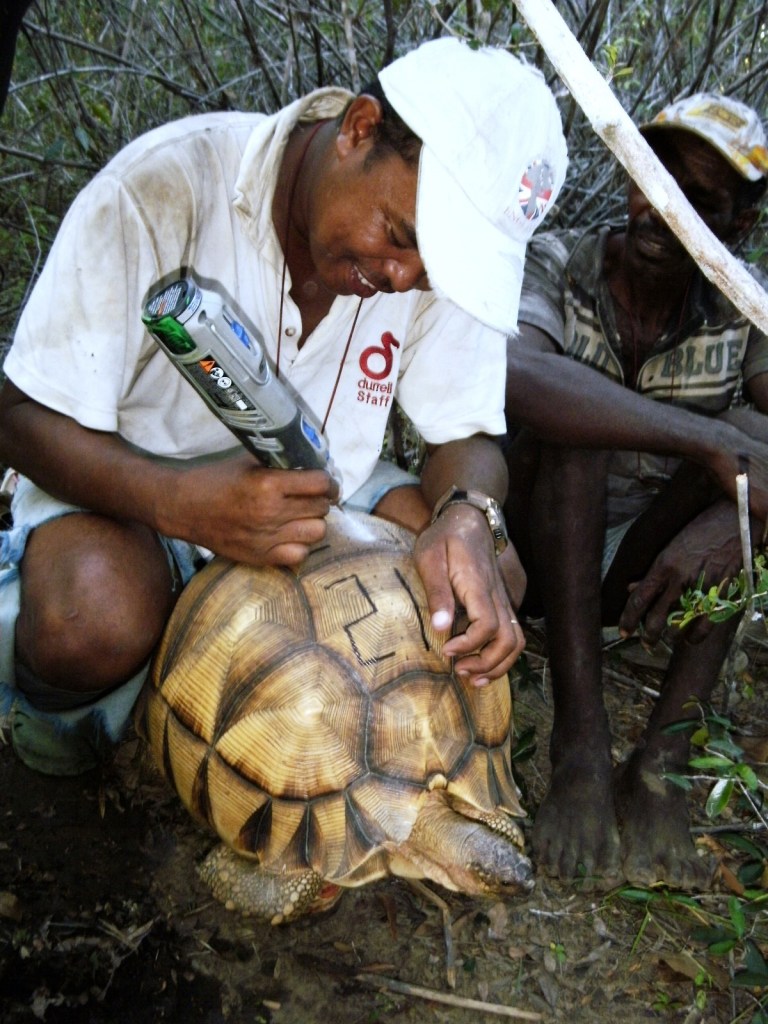
A DWCT staff member carves a number on the shell of a ploughshare tortoise.
ANDREA CURRYLOWFor the last four years, the DWCT has been carving numbers into each tortoise's shell. Staff members also add a large MG (for Madagascar). The group hopes that marking the shells will make the tortoises less attractive to poachers and buyers.
Rescue Operations
The DWCT needed permission from Madagascar's government to deface the shells. The animals live in a national park, where they are protected by law. The DWTC had to show officials that marking the shells does not hurt the tortoises. "When you drill into the shell, you are not drilling into the body," he says. "It's not going to bleed, and it's not painful."
The DWCT is also working to increase the number of tortoises by breeding them. Since 1986, when the breeding program began, the DWCT has released more than 100 young tortoises into the wild. "As long as they don't get attacked or poached, that's a viable amount for the long-term survival of the species," Lewis says.
Will marking the shells work? Lewis says that in recent months, some marked tortoises have been stolen. He says that the DWTC faces a big challenge. "We need to change the hearts and minds of people," he says, "so they no longer want to buy these animals."






